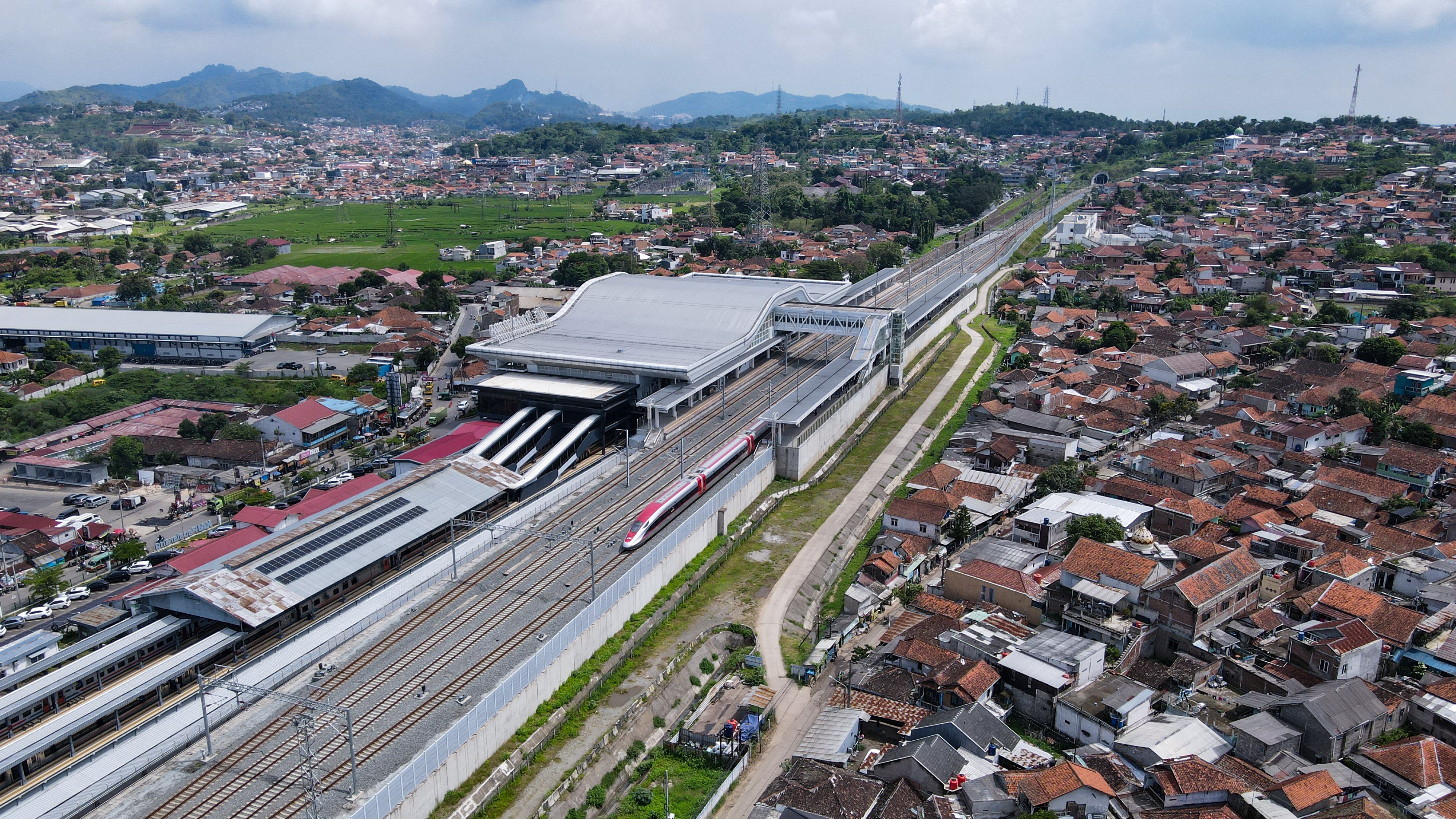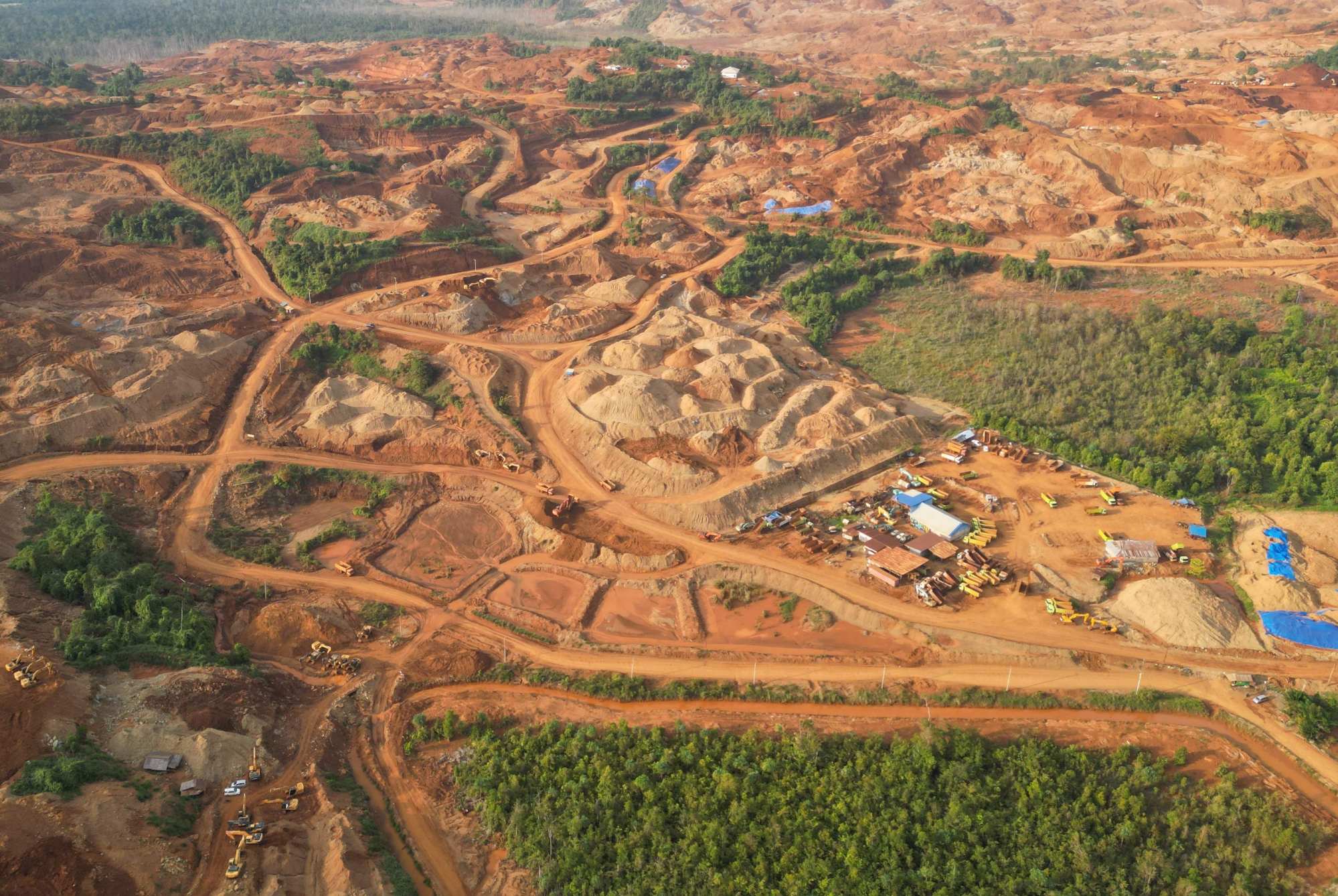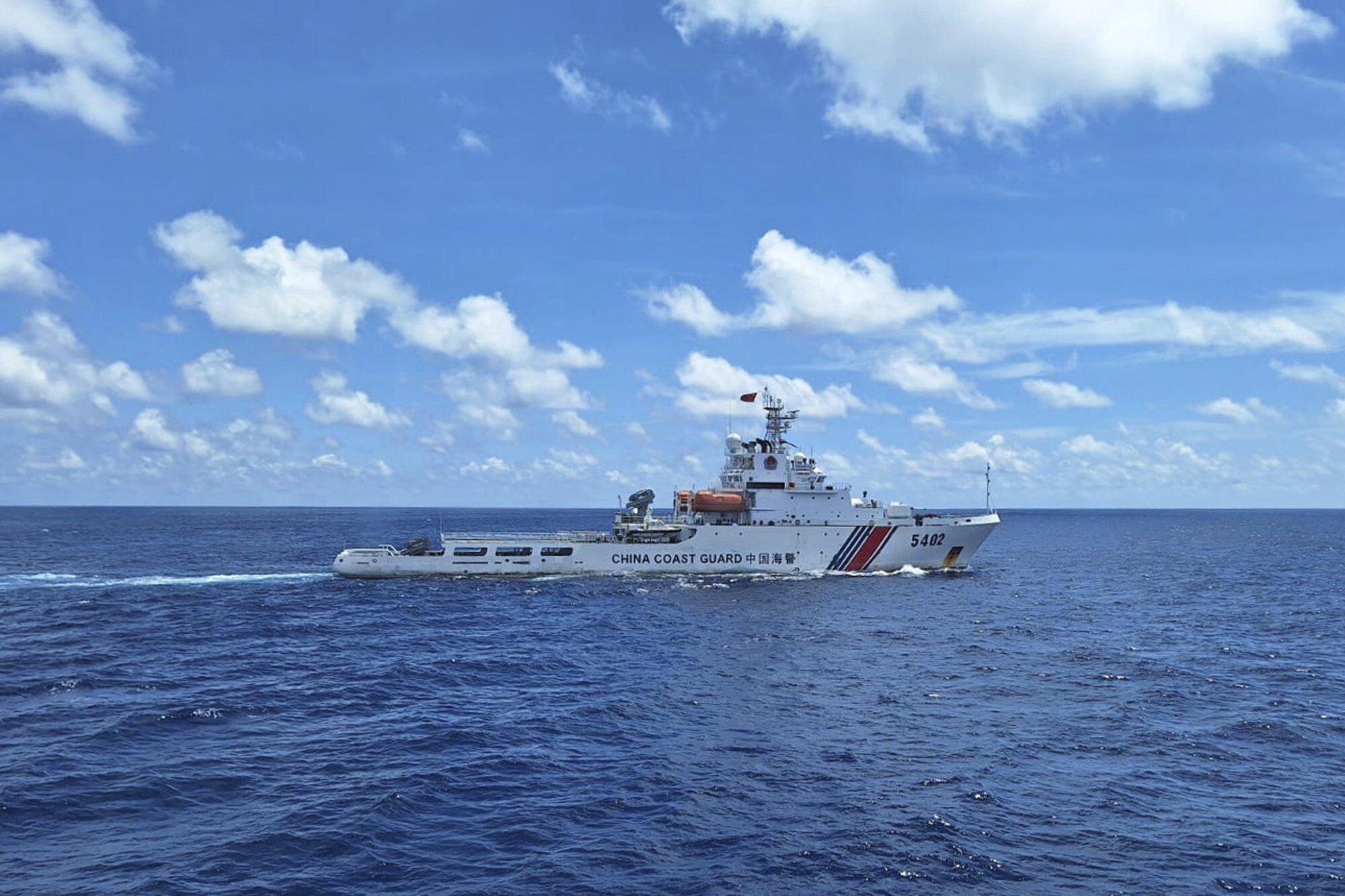‘High-risk, high reward’: Indonesia urged to scrutinise Chinese investments
A new report calls for greater domestic accountability to ensure foreign investments work in Jakarta’s interest

Indonesia must tighten oversight of Chinese-funded infrastructure projects to maximise their economic benefits while guarding against debt risk, environmental harm and lack of transparency, according to a new report by leading policy researchers.
The study by US-based AidData and Indonesian think tank Foreign Policy Talks draws on more than two decades of investment data and urges Jakarta to play a more assertive role in ensuring that such projects deliver long-term public benefit.
While the report, titled “Balancing Risk and Reward”, raises red flags about the scale and structure of Chinese financing, it also pushes back against alarmist narratives that cast Beijing as predatory or portray Indonesia as a passive victim.
Instead, it calls for greater domestic accountability and stronger governance to ensure foreign-backed development works in the national interest.
Between 2000 and 2023, Chinese state-linked financing in Indonesia reached US$69.6 billion, with a further US$94.1 billion invested by private Chinese companies between 2010 and 2024. According to the report, 90 per cent of China’s state-directed funding was issued as debt, while only 3 per cent took the form of grants or concessional loans.
That approach differs from countries such as Japan, where development assistance is more often provided on concessional terms. But the authors cautioned against interpreting China’s model as predatory.

Samantha Custer, AidData’s director of policy analysis and lead author of the report, said the “debt trap” narrative was “unhelpful and misleading”.
“China wants to get repaid and avoid countries defaulting on their payments, as this is bad for its commercial interests and geopolitical reputation,” she said.
However, she urged Indonesians “to scrutinise” debt-financed public infrastructure projects – from China or any other country – to ensure they were sustainable.
“[They have] to ensure that the government is not borrowing at unsustainable rates and has a credible pathway to repay these obligations without negatively impacting the economy,” Custer said.
“China’s infrastructure investments are a high-risk, high-reward proposition, and Indonesia should take proactive steps to ensure these projects are a net positive rather than a net negative for the country.”
Unhandled type: inline-plus-widget {“type”:”inline-plus-widget”}
Not all the investments came from China, as some of their funds were collected from “439 discrete entities from 35 countries”.
“Fifty-eight Chinese state-owned policy and commercial banks, government agencies, and diplomatic missions were the primary financiers. These players relied on a multinational pool of 208 co-financiers across Asia, Europe, and North America to raise capital and distribute risk,” the report said.
From 2000 to June 2025, China-funded projects were carried out by 213 entities, either Indonesian or Chinese. Of the latter, Chinese state-owned enterprises formed the bulk of project implementers, including 14 who were sanctioned for questionable business practices and/or flagged for environmental, social and governance (ESG) risks, either directly or through a parent company, by the World Bank or Asian Development Bank, the report said.
However, whether an entity has been sanctioned does not prevent it from engaging directly with the government or private companies in Indonesia, according to the authors.
Delays, environmental problems
In the past two decades, China-funded projects in Indonesia were on average completed 2½ years after the funds were committed, “slower” than Chinese projects in other Asean countries like the Philippines, the report noted.
Energy and transport projects are most vulnerable to delays, with delivery typically more than 1,000 days after the initial target. Such projects also face greater exposure to environmental and social risks, according to the report.
“Unfortunately, over 40 per cent of Beijing’s development finance portfolio, or US$30 billion, relied on risky implementers with higher levels of ESG exposure or prior sanctions for questionable business practices. Risky firms were often repeat implementers,” the report said.
The authors pointed to the Jakarta-Bandung High Speed Rail, known as Whoosh, as a prime example of these delays. The US$7.3 billion train started operation on October 2, 2023, three and a half years later than planned and with a US$1.2 billion cost overrun.
Pilar Sinergi BUMN Indonesia, a consortium of Indonesian state-owned enterprises that owns a majority of stakes in Whoosh operator KCIC, reported 4.19 trillion rupiah (US$257 million) in losses last year, bigger than the projected loss of 3.2 trillion rupiah for 2024, according to recent financial data from state railway firm Kereta Api Indonesia, part of the consortium.
Some Chinese investments had also created “significant environmental costs at local levels”, the report said, citing the example of nickel hotspot Morowali Industrial Park in Central Sulawesi. Mining activities in the park had reduced green cover and fish stocks in the area, polluted the air and caused health problems for local residents.
Muhammad Zulfikar Rahmat, a researcher of China-Indonesia relations at Jakarta-based think tank Centre of Economic and Law Studies, said ESG practices had not been properly implemented in Chinese investments in the nickel sector.
“We cannot blame China for this. It is our side who is responsible to ensure better that ESG [practices] are implemented,” said Muhammad, who is not involved in the study.
“The stances of local governments [in nickel hubs Morowali and Konawe] are that it is Jakarta who is to blame for allowing this to happen. China acts in accordance with what the host country permits.”

Low favourability
Despite the environmental risks, the report highlighted benefits of Chinese investments in Indonesia, including expanding access to essential services, lowering unemployment, boosting agricultural and industrial productivity, and enhancing connectivity via upgraded roads, ports and railways.
The big injection of money, however, did not translate into increased favourability of Beijing, as “Indonesians may be more inclined to attribute the benefits of infrastructure-led growth to domestic politicians than to Chinese investment”, the report said.
The report pointed to last year’s Gallup World Poll, which found that only 29.2 per cent of 1,073 Indonesian respondents approved of Chinese leadership, compared to 75.79 per cent of approval rate for Indonesian leadership.
Factors that could have contributed to the low approval rate included Indonesians’ disapproval of Beijing’s maritime claims in the Natuna Sea, China’s treatment of Uygur Muslims in Xinjiang, and lingering anti-Chinese sentiment from the past, the report said.
To mitigate risks from China’s and other countries‘ debt-financed projects, the Indonesian government could “mandate the public disclosure of the terms, conditions, cost-benefit analysis, and results of debt-financed development projects for greater accountability”, Custer said.